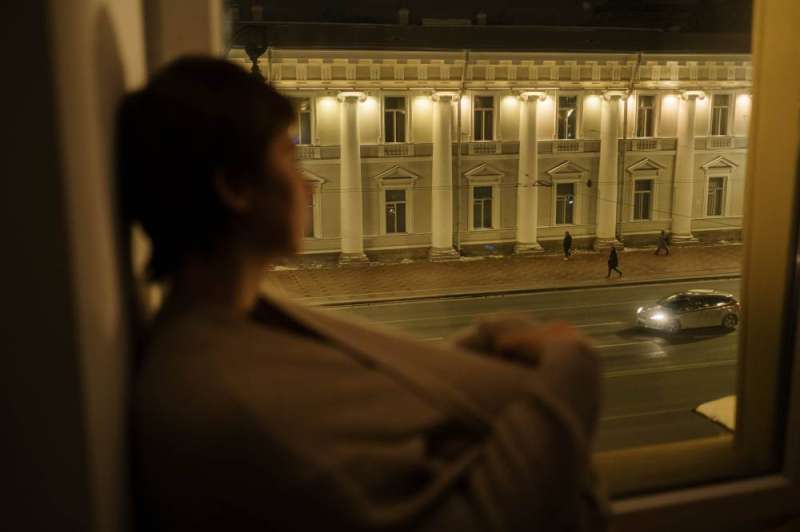After the age of forty, the risk of insomnia increases. This is what Dr. Mikhail Poluktov, a neurologist, sees, pointing to the seriousness of sleep disorders at this age, and discussing ways to treat them.
In an interview with Radio Sputnik, reported by Russia Today, the doctor indicated that the risk of insomnia increases after the age of forty, and, as a rule, sleep disturbance is accompanied by depression or anxiety.
“If a person has been working for decades at a tense rhythm, something in their nervous system might be off,” Poluyktov said. It may turn out that this thing is sleep. Therefore, the risk of sleep disturbance increases in people after the age of forty. The forms of insomnia are often different. And only 12 percent of insomnia cases occur without cause, that is, they are (pure). In general, insomnia is associated with anxiety and depression.
He added, a person after the age of forty sometimes feels that he does not sleep well. But this is actually not true, pointing out that “the period of slow sleep includes three stages, the deepest of which is the third stage, which gradually decreases with age, and for this reason, we may not feel the quality of sleep after the age of forty”.
He pointed out that “bad sleep provokes headaches and contributes to the development of age-related cognitive impairment.” He considered that the best way to help a person suffering from a sleep disorder is cognitive behavioral therapy, explaining that it is “the latest treatment and gives long-term positive results.” It allows the person to learn how to control their sleep. And if it is not possible to complete this program, he is prescribed various hypnotic drugs.
He went on to say, “If the doctor notices that the patient is suffering from mental illnesses such as depression or anxiety, then in this case depression, sleep disorders and anxiety must be treated, with the participation of psychiatrists.”

